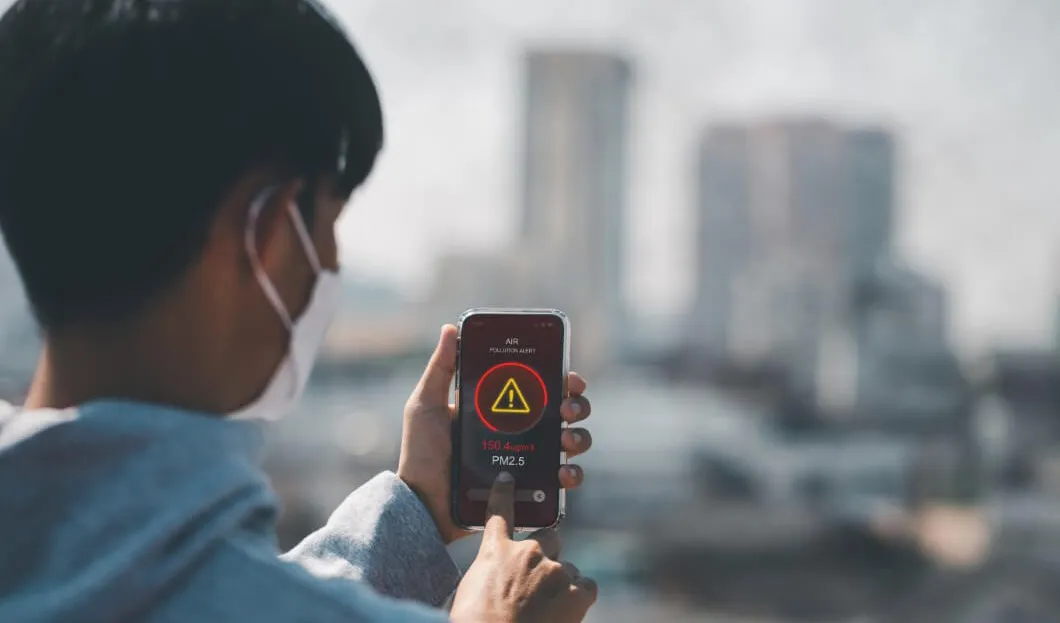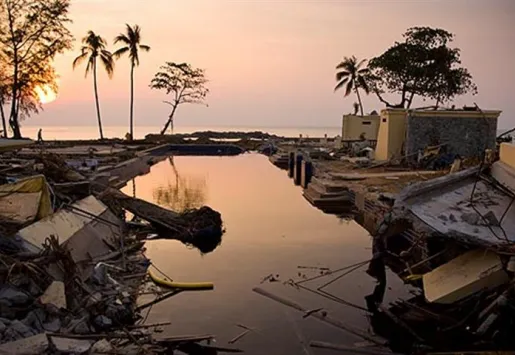
According to a government agency, 57 out of Thailand's 77 provinces are experiencing dangerous levels of ultrafine dust pollution. Thirteen provinces have reached red-alert status due to unhealthy levels of particles measuring 2.5 micrometers or less in diameter (PM2.5), as reported by Gistda at 8 a.m. This issue is not new, and hoteliers need to take action.
In January, tourists in Bangkok experienced severe air pollution, making outdoor activities difficult. Several hundred schools had to close as a result. Bangkok has become one of the most polluted cities in the world.
The air quality in several provinces of Thailand is sometimes unbreathable. The provinces with the poorest air quality, listed in descending order, are Pattani, Yala, Satun, Phatthalung, Narathiwat, Phuket, Songkhla, Trang, Lampang, Phayao, Phang Nga, Ranong, Surat Thani, Chiang Rai, Chumphon, and Nakhon Si Thammarat. In contrast, good air quality was reported in Krabi, Lamphun, Chiang Mai, and Mae Hong Son.
Hoteliers in Thailand are urging the government to collaborate with all stakeholders to tackle air quality issues while expressing concerns about the high costs of providing clean air for their guests, which harms Thai tourism as a result.
Experts have noted that hotels have not reported any cancellations during peak season, specifically due to air pollution. This is mainly because hotels consistently maintain and clean their air conditioning systems and air purifiers to meet safety standards for guests.
However, reform throughout the Thai tourism supply chain is needed to develop environmentally friendly services and reduce pollution.
The government could incentivize the private sector to participate in the program by providing subsidies to tour operators who use electric vehicles or promoting the adoption of low-carbon transportation methods.
Experts emphasize the need for the government to enact the Clean Air Act as soon as possible, ensuring strict law enforcement to address the smog problem at all levels effectively.
The pollution issue is not solely due to tourism; factories near major cities like Bangkok also contribute significantly to the problem.













